8 Utility Bill Savings Myths To Stop Believing in 2024
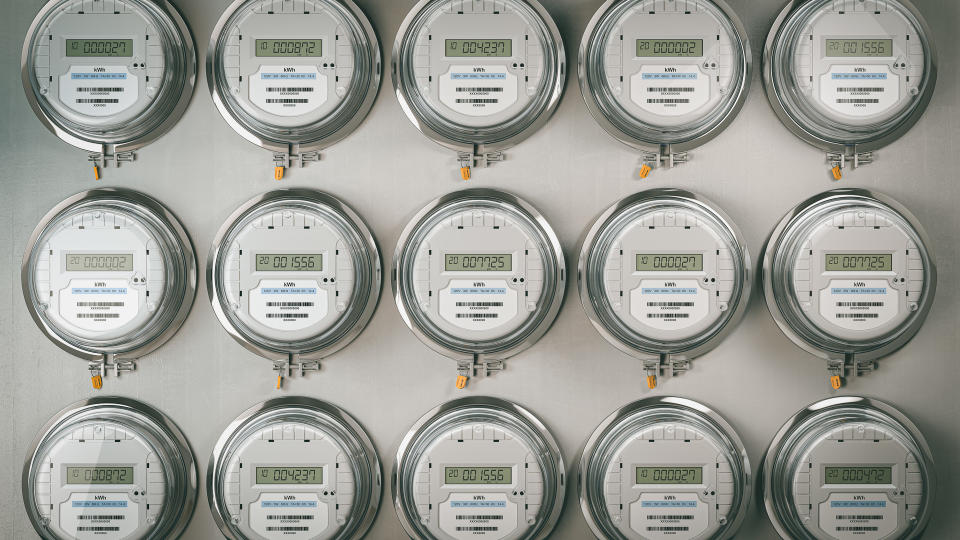
Thanks to technological advancements, many money and energy-saving tips we’ve heard growing up are no longer true. But there are still a few myths floating around that many believe are saving them money on their utility bills.
Check Out: 7 Appliances Frugal Homeowners Steer Clear Of
Read Next: 5 Unusual Ways To Make Extra Money (That Actually Work)
Busting these myths will help you to save more money and be smarter about your energy usage.
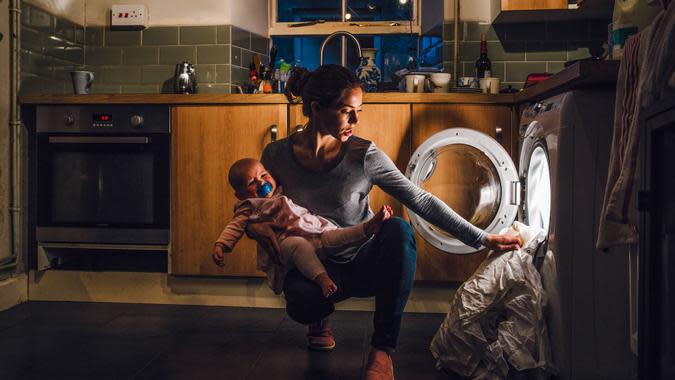
Running Appliances at Night Save Money
This is mostly untrue. If you’re enrolled in a program that gives you discounted electricity at certain hours, it’s best to do the laundry or dishes during what’s known as “off-peak hours” — typically at night or on the weekends, reported CNET.
However, most people get their energy at standard rates. It doesn’t matter when you use energy, it’ll cost the same.
Explore More: 6 Valuable Everyday Items You Should Never Throw Away
Find Out: 3 Genius Things All Wealthy People Do With Their Money
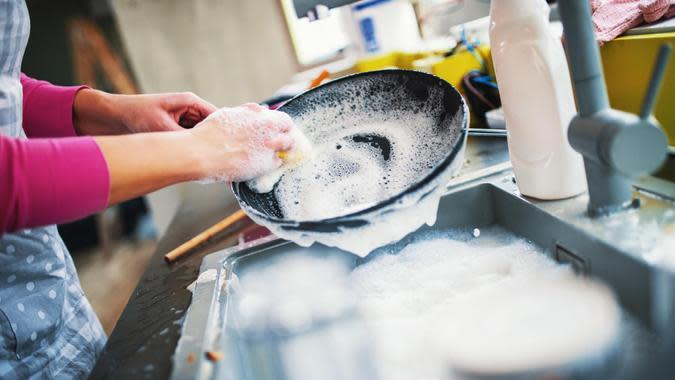
It’s Cheaper To Wash Dishes by Hand
This may have been true years ago, but most homes today have Energy Star-certified dishwashers that use energy-efficient wash settings.
Energy Star dishwashers use less than half of the energy used when washing dishes by hand, according to the Department of Energy, and it saves over 8,400 gallons of water each year.
Trending Now: I’m a Self-Made Millionaire, but I Still Opt For the Budget Versions of These 6 Items

Appliances Don’t Use Energy When They’re Off
Plugged-in appliances and electronics still consume small amounts of energy even when they’re switched off. This is called “vampire” electricity, and you can unplug electronics when they’re not in use to help you cut down on your energy bills.
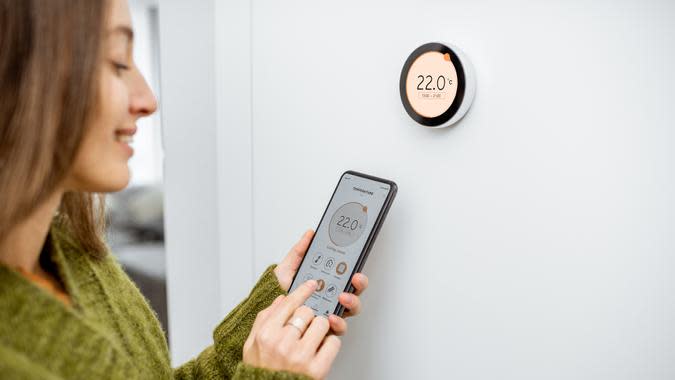
Smart Thermostat Waste Less Money
This is only partially a myth. A smart thermostat can save you money, but only if you use it correctly.
Also, Bob Vila noted that if you already used a programmable thermostat, installing a smart thermostat may not have that big of an impact on your utility bill.
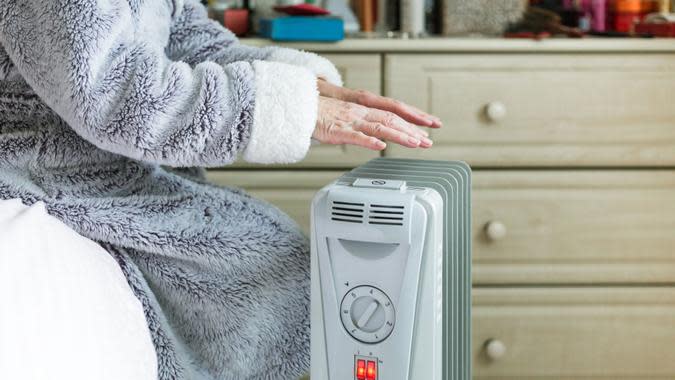
It’s More Efficient To Use Space Heaters
Using space heaters in occupied rooms instead of turning on your home’s heating system is one of the least efficient ways to heat a space, except in short bursts, according to CNET. The only way space heaters save you money is if you are using oil or propane as fuel.
A natural gas heater will be much cheaper.
Be Aware: 6 Things Frugal Boomers Never Buy
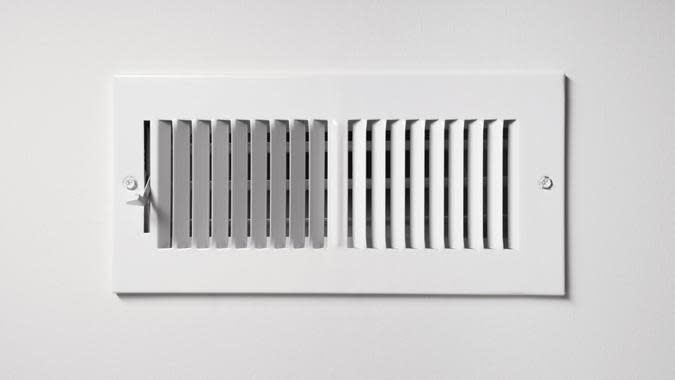
Close Vents in Unoccupied Rooms While Heat Is On
Closing vents can redirect hot or cold air to occupied rooms, but can actually cause pressure buildup and leaks in the HVAC ducts, according to Bob Vila. This can lead to energy waste.
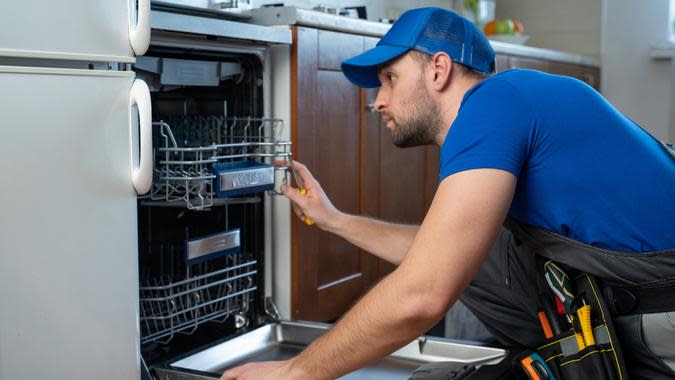
If You Use It Less, It Lasts Longer
Limiting your use of your household appliances can actually lead to premature wear and tear. For example, dishwashers were built to handle constant exposure to moisture, and if they just sit, the seals could start to crack and reduce the appliance’s lifespan.
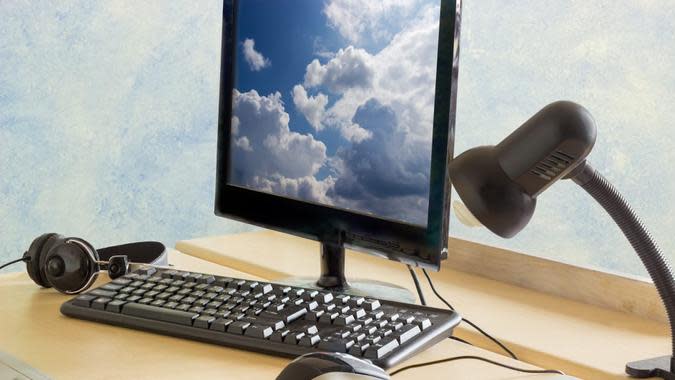
Using a Screensaver on the Computer Cuts Costs
Screensavers aren’t saving you money. In fact, according to Energy Star, graphics-intensive screensavers can cause the computer to use twice as much energy and prevent it from entering sleep mode.
More From GOBankingRates
8 Rare Coins Worth Millions That Are Highly Coveted by Coin Collectors
Housing Market 2024: Home Prices Are Plummeting in 10 Formerly Overpriced Housing Markets
This is The Single Most Overlooked Tool for Becoming Debt-Free
This article originally appeared on GOBankingRates.com: 8 Utility Bill Savings Myths To Stop Believing in 2024

 Yahoo Finance
Yahoo Finance 